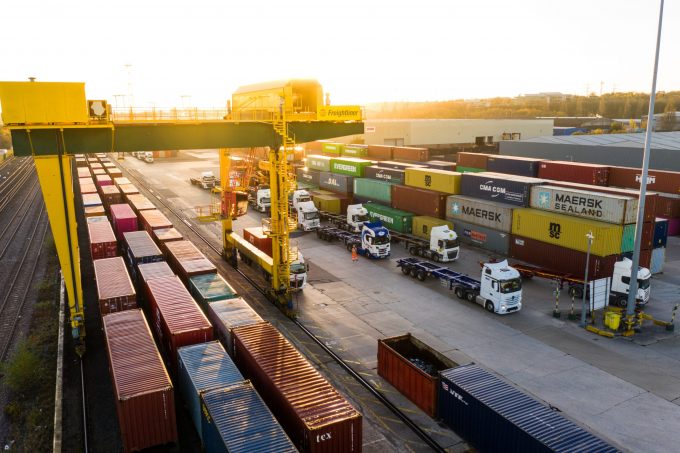Italy loses patience with Austria over Brenner corridor traffic restrictions
The Italian government has taken the first step towards infringement proceedings against Austria with a ...

The IRU has hit out at the European Commission (EC) proposal to amend the EU Combined Transport Directive (CTD).
The CTD aims to reduce “the negative externalities” of freight transport, such as CO2 emissions, congestion, noise and accidents, by supporting a shift from long-distance road transport to rail, inland waterways and maritime transport and was last amended in 1992.
The EC said: “Some parts of the directive are outdated… With the European Green Deal, the commission proposed again to amend the directive to provide a more ambitious support framework for modal shift to make a real difference.”
The key points are: intermodal transport should be free of authorisations and quotas; EU member states should adopt a national policy to facilitate intermodal transport; and intermodal transhipment terminals should have a transparency requirement, so customers can easily see the services and facilities available.
The IRU agrees the use of intermodal and combined transport should be further encouraged. However, it added: “IRU fears that the EC’s proposed solutions are inadequate, and too complex to encourage the freight transport and logistics sector to opt for intermodal and combined transport solutions more often.”
The international transport union wants a “radical reconsideration” of the key pillars in the proposal, the incentives offered and the conditions to benefit from them.
Most notably, it said, the EC defines “combined transport” as a type of intermodal transport that meets specific conditions, in particular operations that reduce the “negative externalities”of haulage by 40%. This mostly involves rail, inland waterways or shortsea shipping, with shorter road legs acting as feeders for the loading units.
For combined transport specifically, the proposal establishes an EU-wide exemption from weekend, holiday and night driving bans for these short road legs.
But the IRU said: “The newly proposed conditions to become eligible for incentives by demonstrating 40% lower external costs have become excessively complex and burdensome, and could discourage parties in the logistics chain from opting for intermodal and combined transport.”
It called for a simpler and more sustainable approach over time, and outlined a series of its own proposals.
IRU director of EU advocacy Raluca Marian said: “We cannot afford to consider forced modal shift. We must, rather, increase capacity and make existing capacity more efficient by encouraging road transport operators and shippers to use intermodal and combined transport operations to a much greater extent.
“This can only be done by better, simpler and more transparent rules, which provide greater legal certainty.”
Comment on this article